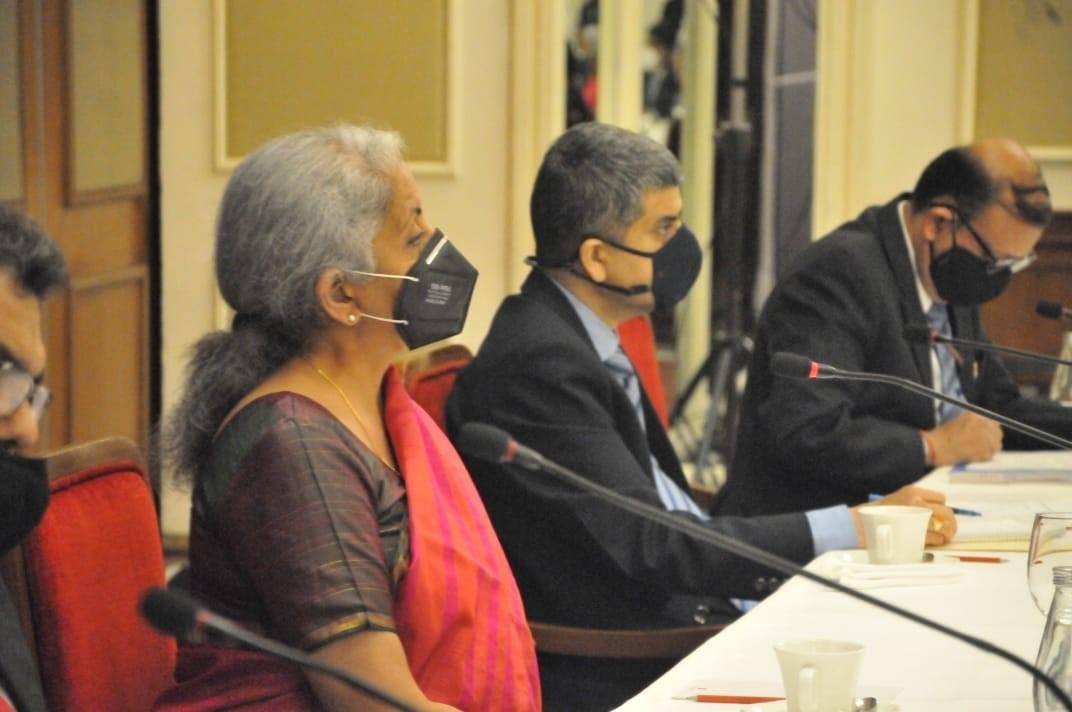ICRA took 315 negative rating actions
Sectors like aviation, hotels and restaurants, retail, and ports are more vulnerable to business disruptions caused by the pandemic, and accordingly, their credit quality has been more impacted than other sectors.
Out of the top 10 sectors which witnessed a negative rating action since March 2020, a large proportion were those that were categorized as “High Risk” by ICRA, said ICRA Ltd in comments on sectors directly impacted by the pandemic.
On the other hand, several “Low Risk” sectors like FMCG, sugar, seeds, and utilities have not experienced negative rating action during this period, despite a large portfolio-base (100+ entities), highlighting their relative resilience to the pandemic.
ICRA Vice President-Corporate Ratings Shamsher Dewan said, “There has been a need to review the creditworthiness of rated entities, especially in sectors hard-hit by the pandemic.
“With the impact of the pandemic across sectors being multifold, including slowdown in domestic demand and the global economy, supply chain disruptions, foreign exchange rate fluctuations, and commodity price impact, among others; and the general uncertainty with regard to timing of revival, negative rating actions have increased, while upgrades have dried up.”
Of the 315 negative rating actions taken by ICRA on the non-financial sector entities in the period from 1 March 2020 to 15 May 2020, a majority of them were attributable to the pandemic outbreak.
Nearly half of these negative rating actions have been downgrades (150), while a significant proportion has also undergone a change in outlook to negative (122).
Given the current uncertainties with regards to the pandemic and the evolving situation, 43 entities were also placed on Ratings Watch.
However, negative rating actions have so far impacted only 9.6% of the rated portfolio of corporate sector entities, said ICRA.
ICRA’s Key Sector Ratings Outlook:
Aviation – Negative, sector severely impacted given increased risk aversion and high fixed cost structure
Hotels and Restaurants – Negative, sector faces the lasting impact of the pandemic; recovery over an extended time frame
Retail – Negative, discretionary retail segments to be impacted most
Textile – Negative, a double whammy of demand slowdown in domestic and international markets
Automotive – Negative, curtailment of discretionary purchases to impact auto demand
Ferrous Metals – Negative, demand decline across domestic and export markets to weaken credit metrics of the already leveraged steel sector
Real Estate – Negative, retail and residential real estate segments to be impacted the most by the pandemic
Construction – Stable, despite near-term challenges, construction sector outlook to remain stable over the medium term
Oil & Gas – Upstream – Negative/Downstream-Stable, a sharp correction in crude oil prices to impact revenues and profitability of oil &gas companies
Cement – Stable, despite some moderation in demand, credit outlook of the cement sector to remain largely stable
ICRA notes that most downgrades have been more prevalent in the lower rating categories, especially the non-investment grade.
Negative rating actions in the investment grade have been mostly related to either being placing the Ratings Watch or change in the outlook to Negative.
Additionally, for many smaller entities, lack of adequate information (given their relatively weaker information systems and operational constraints faced in data-sharing) has been a challenge in credit assessment during this period – though these instances have largely been restricted to the entities rated in the non-investment grade.
Dewan added, “As credit conditions evolve, ICRA continues to closely monitor the quality of its ratings and would be taking rating actions as warranted to reflect the breadth and the severity of this crisis.
“The spurt in negative rating actions makes managing the trade-off between rating accuracy and rating stability more challenging.” fiinews.com










